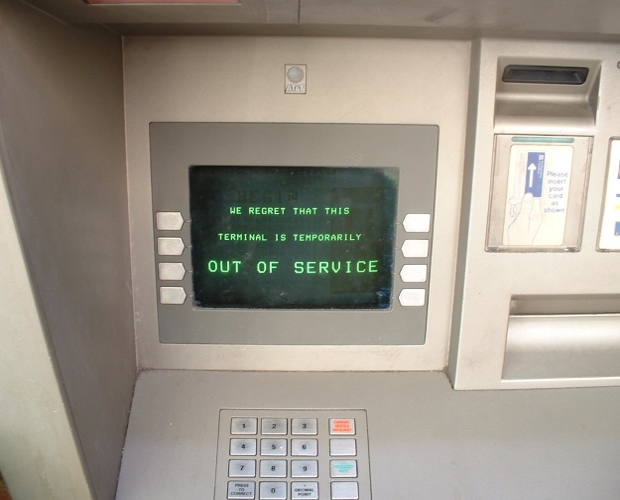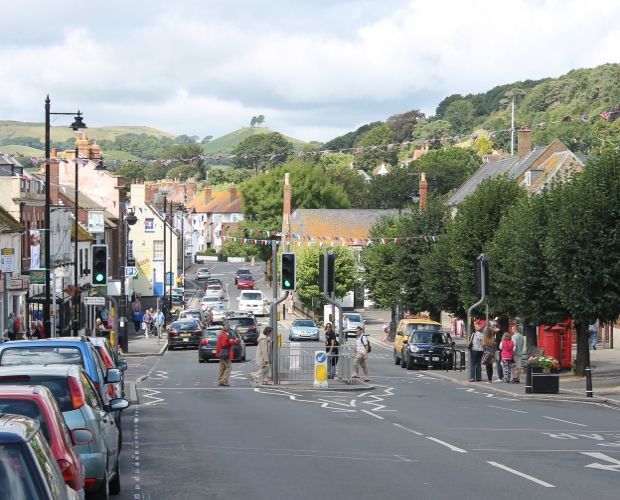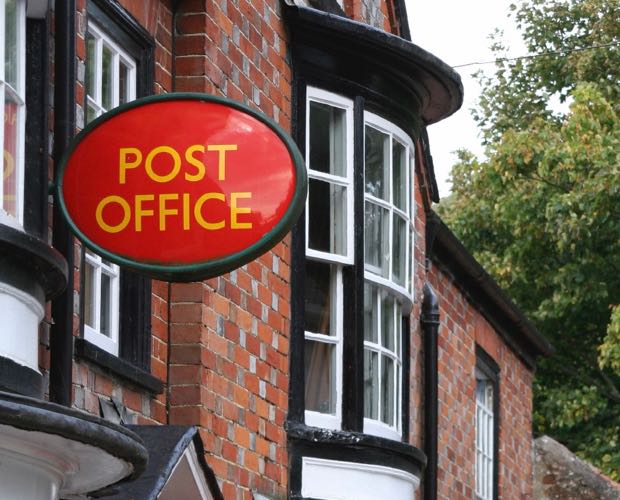T: 01822 851370 E: [email protected]
Visit RSN Survey about life in rural England to find out more.
Nationwide is to pile pressure on high street rivals with a marketing campaign promising it will not leave towns deserted according to an article in This is Money The building society is pledging that it will not close any of...
The Metro ran a feature on the town of Burslem in Staffordshire, ‘where all the free cash machines have been taken away by banks’. A series of banks, including Nationwide, NatWest and Lloyds, have closed over the last three years...
ATM network operator Link is planning to increase the fees it offers operators in order to keep free rural cash machines available, according to the website TalkingRetail.com. From April 1 2019, Link will offer £2.75 per withdrawal for a ‘super...
The Times reported on Santander’s plans to close a fifth of its high street network and make over 800 staff redundant because customers are increasingly switching to online banking. 140 Santander branches will close, leaving 614 remaining in the UK....
How we pay for goods and services, and how we access cash are changing rapidly with rural consequences, finds Brian Wilson. The continuing closure of bank branches, along with recent evidence about the loss of cash machines (ATMs), is building...
Shadow Secretary of State for Business, Energy and Industrial Strategy Rebecca Long-Bailey MP was interviewed by the Eastern Daily Press during the Labour Party Conference about plans to protect rural bank branches. She said a Labour Government would hand more...
The former head of the Financial Ombudsman Service is to examine the impact on consumers and small businesses of the shift from cash to digital payments. Natalie Ceeney has previously served as chief executive of the National Archives, the Financial Ombudsman...
An action plan aims to raise awareness of banking services available at Post Office branches among local communities grappling with bank branch closures. The five-point plan has been developed by the finance industry and the Post Office working with the...
An MP has introduced a private members bill to ensure rural communities aren't left without financial services when bank branches close. Ceredigion MP Ben Lake said he wanted to make it more difficult for banks to close, by...
NEWSLETTER
Sign up to receive all our latest news and updates.
HOT TOPICS
Amid reduced public spending, fair resource allocation across regions is crucial. Despite a population larger than Greater London, rural areas receive significantly less funding for essential services, even though delivering these services in rural areas is more expensive.
Economic growth is widely acknowledged as essential for national wealth and prosperity and is a priority for political parties. Rural economies, employing millions and home to a higher proportion of small businesses, have potential for growth if barriers are removed.
Rural residents face distinct healthcare challenges, including limited access to transport, longer distances to medical facilities, an aging demographic, housing inadequacies, digital connectivity gaps, and difficulties recruiting health and care workers.
Rural communities are grappling with a severe affordable housing crisis, marked by high house prices, a lack of affordable housing, elevated living costs, and lower incomes, threatening their sustainability and vitality.
Transport is vital for the quality of life and economic health of rural areas, yet it faces challenges such as infrequent public bus services and less Government funding compared to urban regions.
Rural areas, encompassing a substantial portion of England's population and land, play a pivotal role in combating climate change and achieving the net zero target.
In an increasingly digital world, the lack of robust digital infrastructure in rural areas severely limits access to crucial services and stifles economic growth.
A future-focused vision for rural communities involves not just building the right homes in the right places but also ensuring thriving, sustainable communities.
SIGN UP TO OUR NEWSLETTER
Sign up to our newsletter to receive all the latest news and updates.








